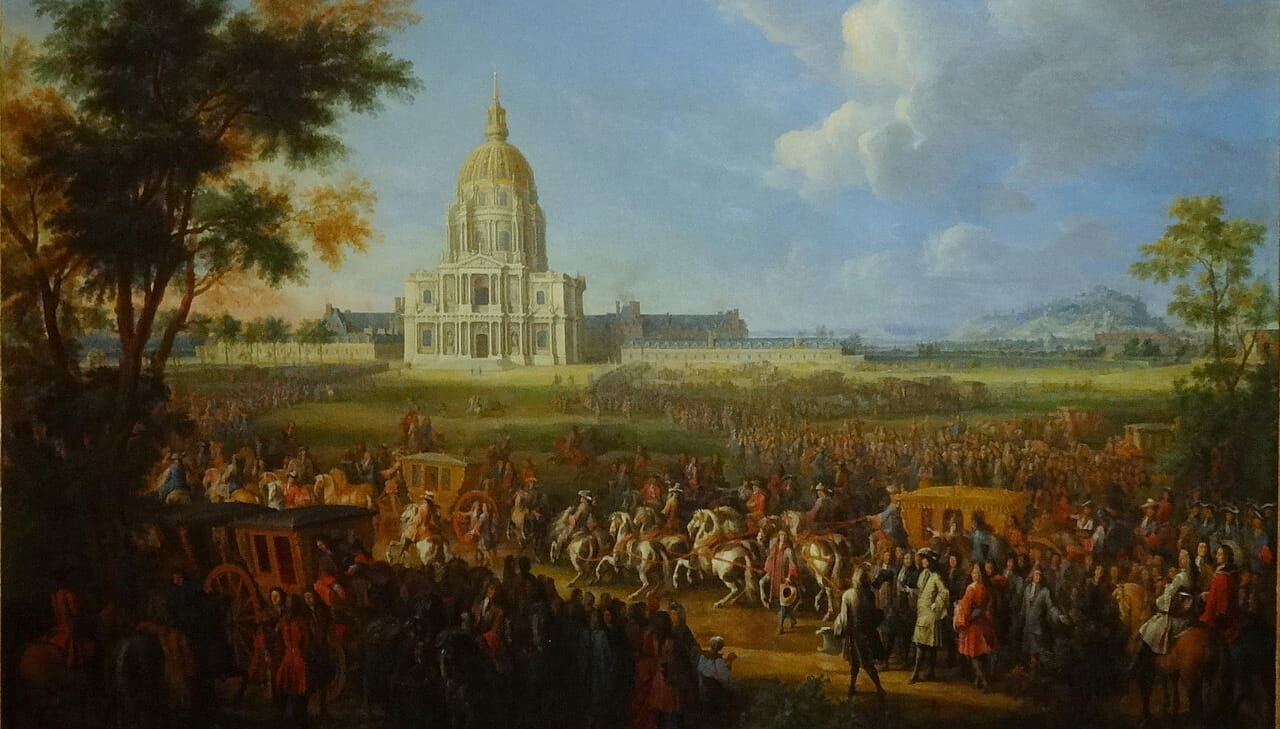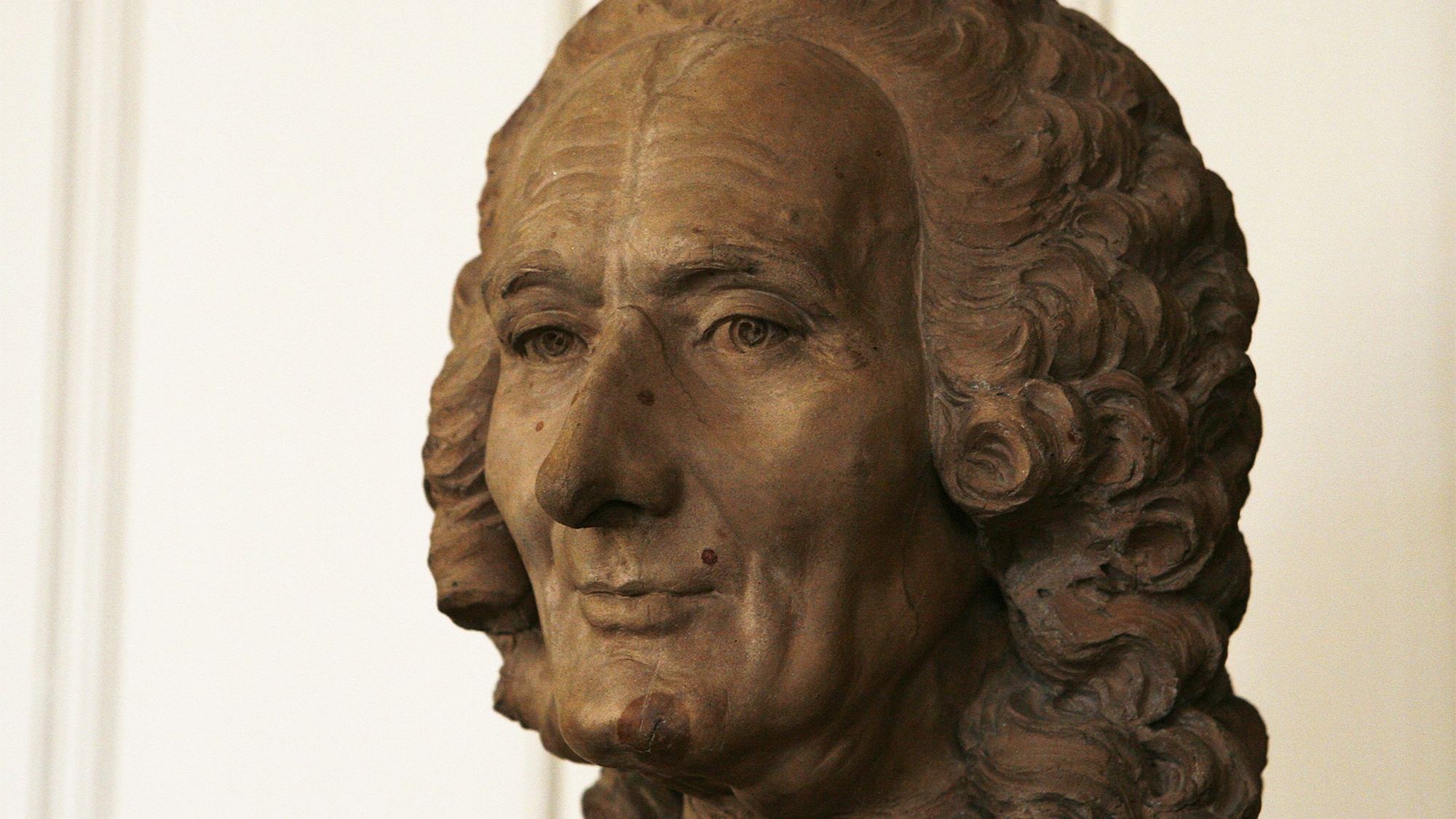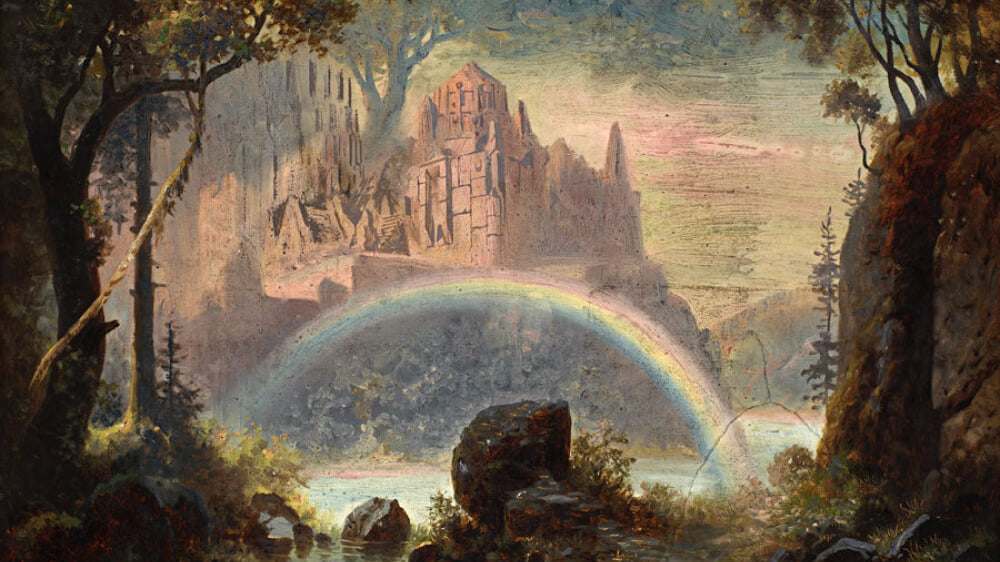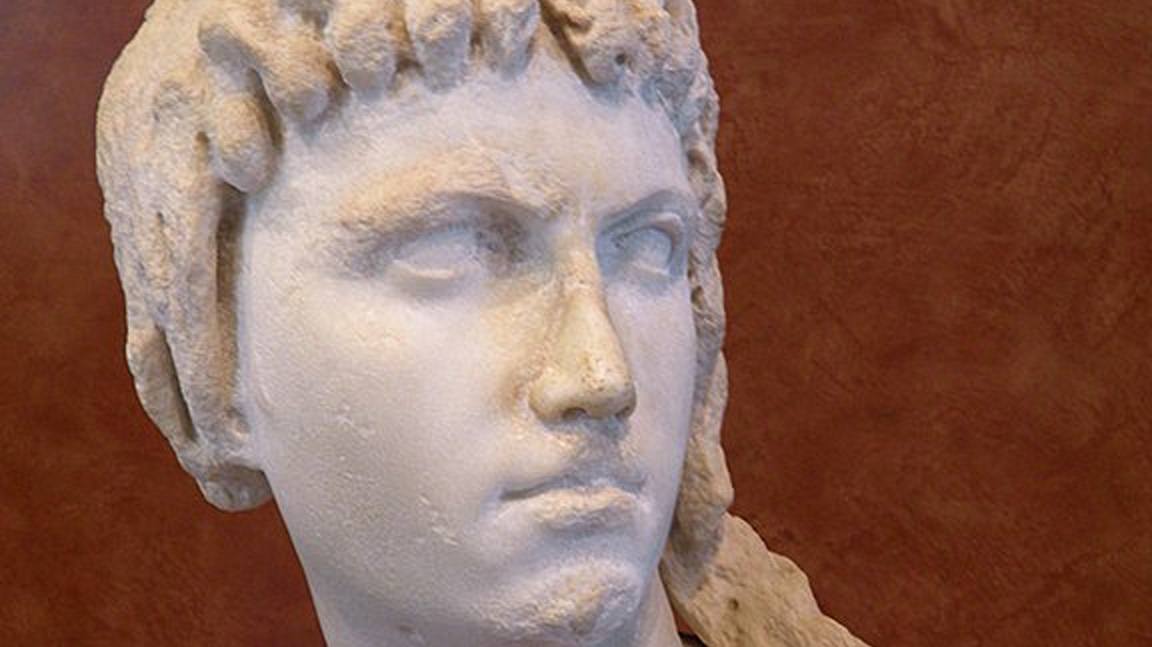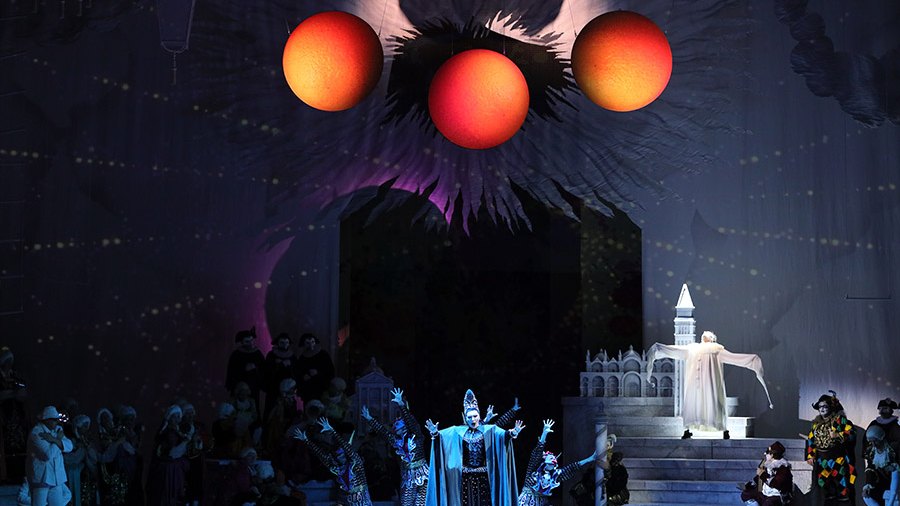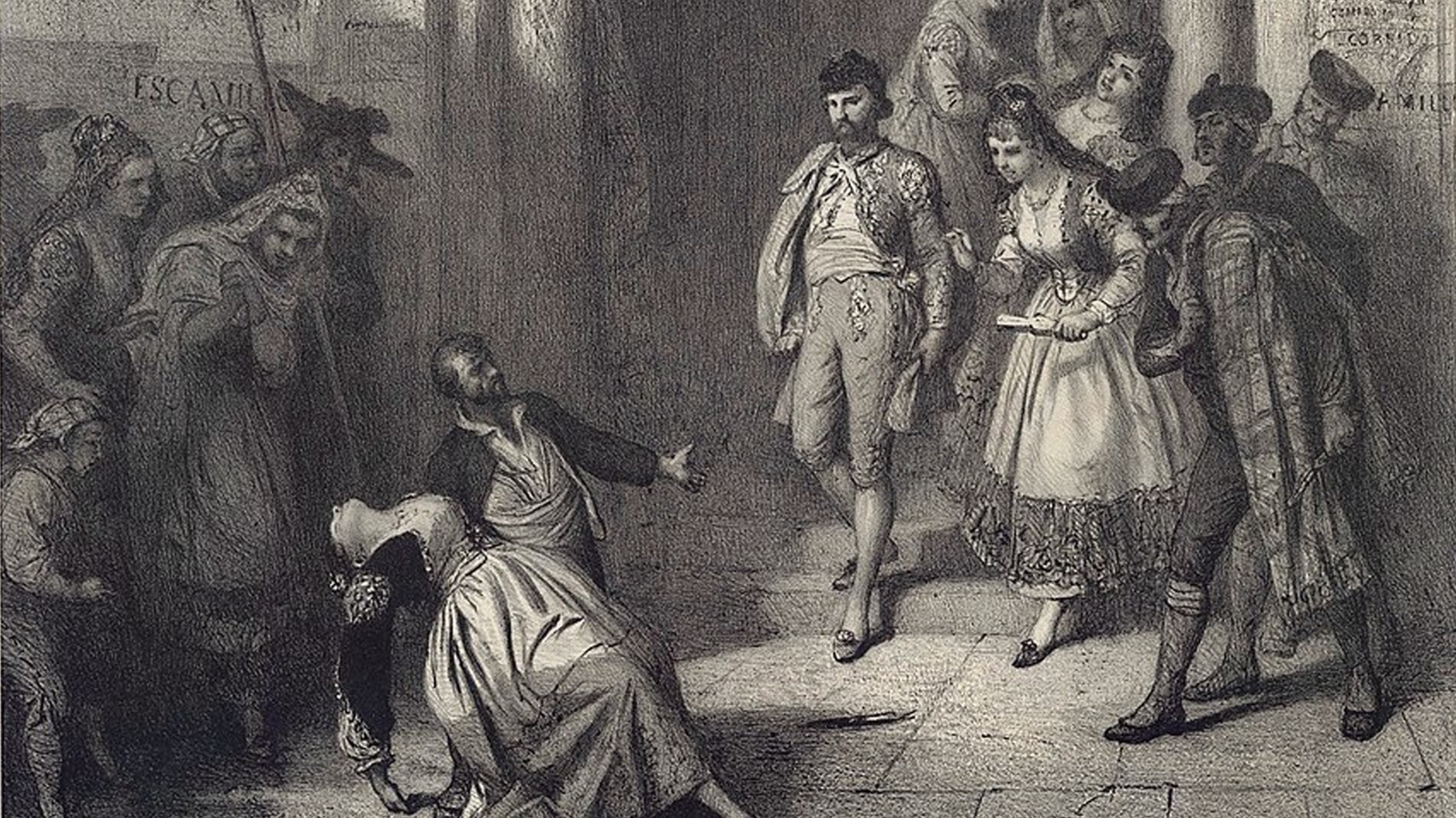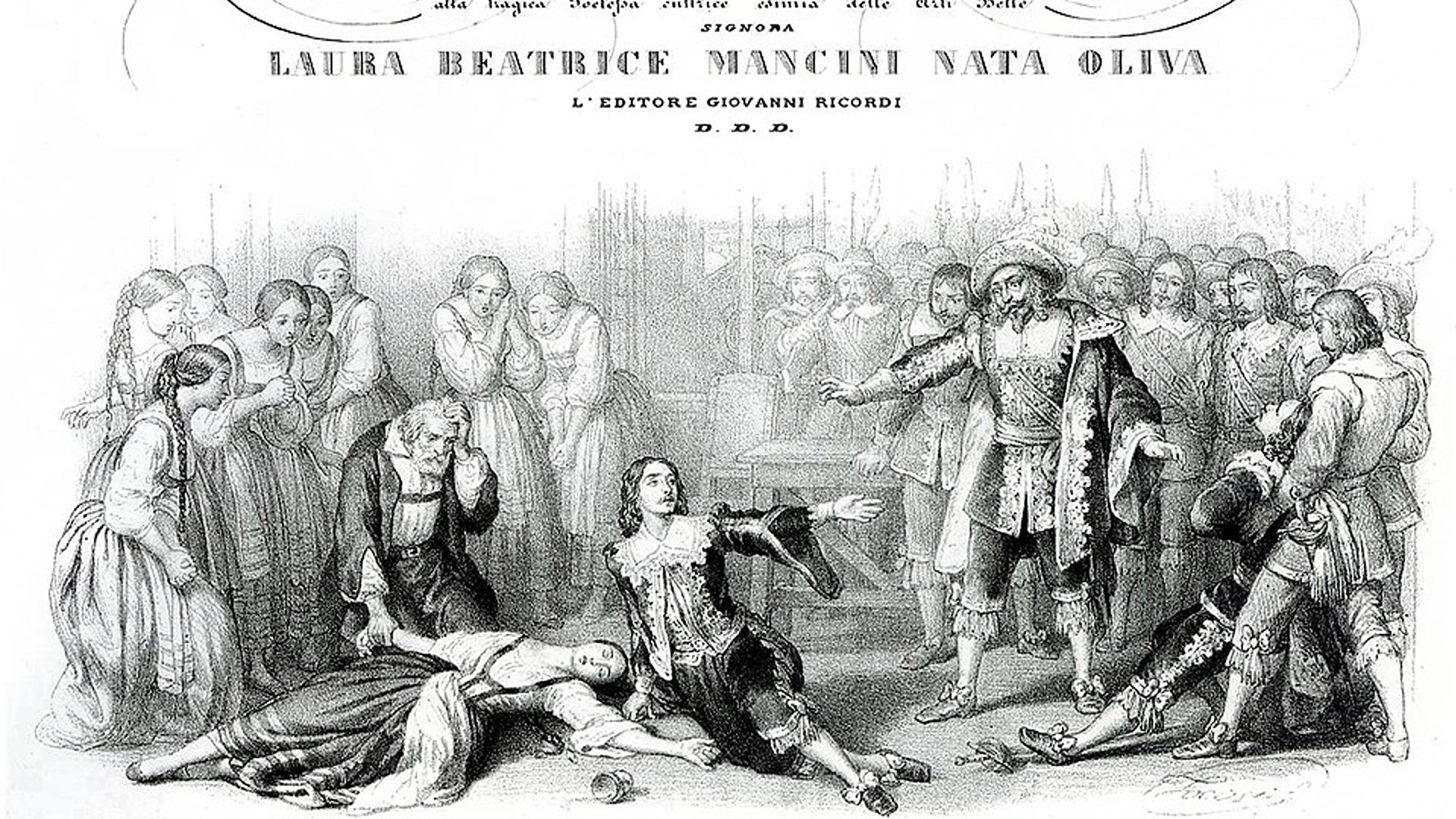Rameau’s “Zaïs” Overture: Creation Develops out of Chaos
Creation develops out of primordial chaos in the Overture to the 1748 opera, Zaïs, by French Baroque composer Jean-Philippe Rameau (1683–1764). The shocking and innovative music predates Haydn’s similar depiction in the opening of his oratorio, The Creation, by half a century. The Zaïs Overture begins with muted drumbeats, followed by detached fanfare fragments. At first, rhythm falters and the harmony is directionless. Disparate musical building blocks, representing the four elements of Earth, …

